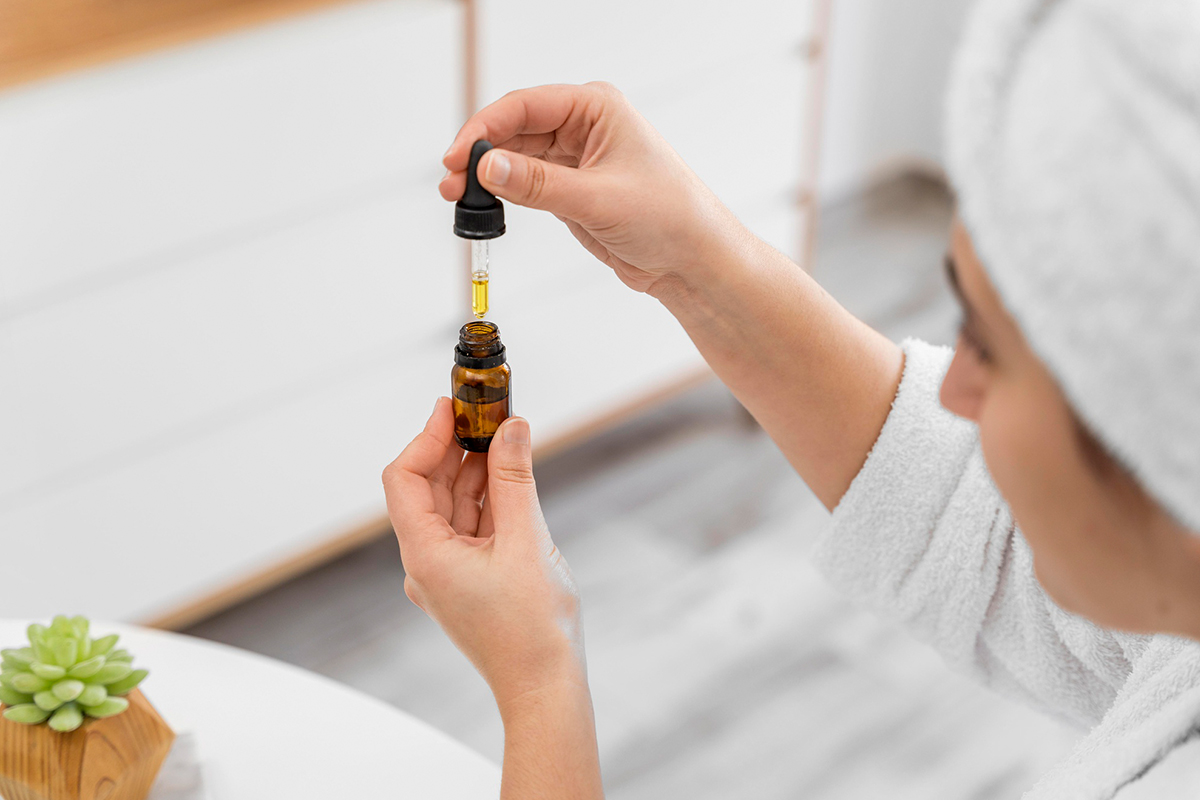The modern beauty industry is increasingly turning to nature in search of ideal skincare ingredients. At the forefront are natural oils, long recognized as effective for nourishing, moisturizing, and rejuvenating the skin. Their versatility and rich composition make oils an essential part of both professional and at-home skincare routines.
Why Are Natural Oils So Popular?
In a world where cosmetics are filled with chemical components, many people are seeking more natural solutions. Natural oils stand out for their simplicity and multifunctionality. They are suitable for all skin types, including sensitive and allergy-prone skin.
Oils possess a unique ability to penetrate deep into the skin, nourishing it from within. They moisturize and protect the skin from environmental aggressors. Rich in fatty acids, antioxidants, and vitamins, oils help combat signs of aging, inflammation, and dryness.
Types of Oils and Their Benefits
Argan Oil
Often called the “liquid gold” of Morocco, argan oil is rich in vitamin E and omega-9 fatty acids. It deeply moisturizes the skin, reduces flakiness, and enhances elasticity. Argan oil also aids in healing minor cracks and reducing inflammation.
Coconut Oil
Coconut oil is one of the most versatile natural oils. It can be used to hydrate the skin, remove makeup, and even as a natural sunscreen. With antibacterial properties, it helps combat breakouts. However, those with oily skin should use it cautiously to avoid clogging pores.
Jojoba Oil
Jojoba oil is technically a wax and closely resembles the skin’s natural sebum. This makes it easily absorbed and effective at regulating oil production. Jojoba oil is perfect for oily and combination skin, providing hydration without leaving a greasy shine and reducing inflammation.
Almond Oil
Rich in vitamin A, almond oil effectively addresses dryness and flakiness. It gently nourishes the skin, leaving it smooth and firm. Almond oil is ideal for delicate areas, such as around the eyes, helping to prevent fine lines.
Shea Butter (Karité)
Shea butter is a must-have for combating dryness and irritation. It deeply nourishes the skin and accelerates regeneration. Frequently used in winter, shea butter protects the skin from cold and wind.
How to Incorporate Oils into Skincare
Moisturizing and Nourishing
Oils can be used as a standalone moisturizer. Apply a few drops to slightly damp skin to lock in hydration. For daily care, a small amount is sufficient.
Cleansing the Skin
Many oils are excellent for cleansing. Oil cleansing helps remove impurities and makeup without disrupting the skin’s natural lipid barrier. Massage the oil onto dry skin, then rinse with warm water or wipe away with a damp cloth.
Enhancing Cosmetics
A few drops of oil can enrich creams, masks, and lotions, boosting their effectiveness. This enhances the nourishing properties of existing skincare products.
Masks and Wraps
Oil-based masks nourish the skin, leaving it soft and elastic. Apply the oil to the face or body, leave it for 20-30 minutes, and rinse with warm water.
Natural Oils in Modern Cosmetics Trends
Today’s beauty brands are increasingly incorporating oils into their product lines. Creams, serums, and lotions infused with oils have become bestsellers. Brands emphasize eco-friendliness and natural ingredients, aligning with consumer demands.
Oils are also widely used in hair, nail, and lip care products. Oil-based balms and scrubs are gaining popularity for their nourishing and protective properties.
Natural oils rightfully hold a significant place in modern skincare. Their effectiveness, safety, and accessibility make them indispensable for achieving healthy, glowing skin. Oils not only enhance beauty but also foster a sense of harmony with nature. Choose the oil that suits your needs and enjoy visible results from the very first application.


